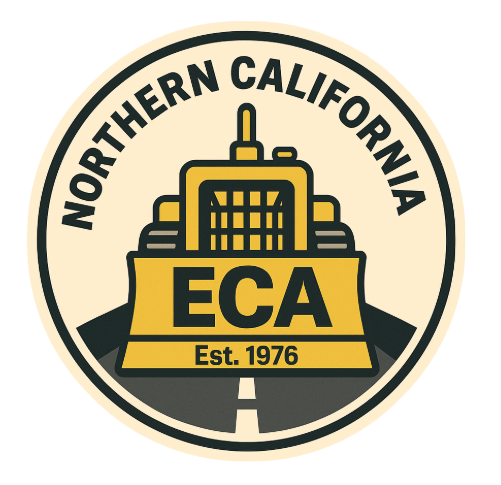I am prepared to resort to anything, to submit to anything, for the sake of the commonwealth
Julius Caesar
Taxes, taxes and more taxes. Good Lord-how did we get here? Can’t we just have users pay 100% for using things?
After all, we will soon be done talking about Measure I (SMART Train sales tax extension) and will be talking about a Measure M sales tax measure that will probably hit your ballot in November of 2020. We will also be talking about the long-awaited Federal Infrastructure Bill that has now been moved to the “front burner” now that impeachment is behind us (funded by taxes). There will be a lot of discussion as to building roads, bridges, airports, rail systems, and ferry systems-and all of those discussions have to do with some sort of public taxing and subsidizing of the costs for that infrastructure.
I had several long chats with my 90-year-old father about the SMART train, and sales tax revenues being used to finance road repairs in Sonoma and Marin Counties and elsewhere. His (kind of) curmudgeon response was “before the Golden Gate Bridge was built, people used ferries to get across the water and they paid directly for that ferry ride. There were no subsidies. Why is that such a bad idea?”
God love him. Ideologically, I am more with him than not. I can understand the logic of some who profess that using tax dollars to subsidize any form of transportation is “wrong”. Having the users pay 100% of the costs of transport sounds so logical doesn’t it? Kind of romantic notions-you need to get somewhere, you saddle up your horse and you ride there, right? In this fantasy world, public roads do not exist unless several folks have gotten together and built a toll road that 100% funds its build costs and its usage.
Taxes. They have become a way of life.
Where did they start?
The ancient Egyptians probably started this mess. They taxed cooking oil. This was back in the days of the Egyptian Pharaohs. The tax collectors were referred to as “scribes”.
The real “progressive” use of taxation seemed to start with Augustus Caesar and the Roman Empire.
The earliest taxes in Rome were customs duties on imports and exports called portoria.1
Caesar Augustus was considered by many to be the most brilliant tax strategist of the Roman Empire. During his reign as “First Citizen” the publicani were virtually eliminated as tax collectors for the central government. During this period cities were given the responsibility for collecting taxes. Caesar Augustus instituted an inheritance tax to provide retirement funds for the military. The tax was 5 percent on all inheritances except gifts to children and spouses. The English and Dutch referred to the inheritance tax of Augustus in developing their own inheritance taxes.
During the time of Julius Caesar, a 1 percent sales tax was imposed. During the time of Caesar Augustus, the sales tax was 4 percent for slaves and 1 percent for everything else.1
In 1798 Congress enacted the Federal Property Tax to pay for the expansion of the Army and Navy in the event of possible war with France.
The Tax Act of 1862 was passed and signed by President Lincoln July 1, 1862. The rates were 3% on income above $600 and 5% on income above $10,000. The rent or rental value of your home could be deducted from income in determining the tax liability. The Commissioner of Revenue stated, “The people of this country have accepted it with cheerfulness, to meet a temporary exigency, and it has excited no serious complaint in its administration.” This acceptance was primarily due to the need for revenue to finance the Civil War.
While income taxes only appeared in the United States in the early 1900s, states began levying early forms of a sales tax as early as 1821, when Pennsylvania introduced a mercantile license tax. However, the “modern sales tax” did not become widespread until the Depression era, when twenty-four states introduced statewide sales taxes following Kentucky’s introduction of a 3% sales tax in 1934.
Today, sales taxes are an important revenue source for most state governments, and an important secondary revenue source for the thousands of local municipal governments that collect a local option sales tax. Currently, sales taxes account for about one-third of state government revenues and are second only to state income taxes as a source of state government financing.
So, in response to my Dad’s reasoning that the user should pay 100% of the cost of using things, it aint gonna happen. Nice idea. But I am going to blame all tax complaints on the ancient Egyptians.
Taxing cooking oil?
That’s All Folks
John Bly

